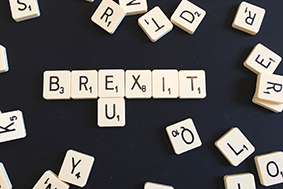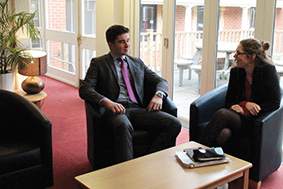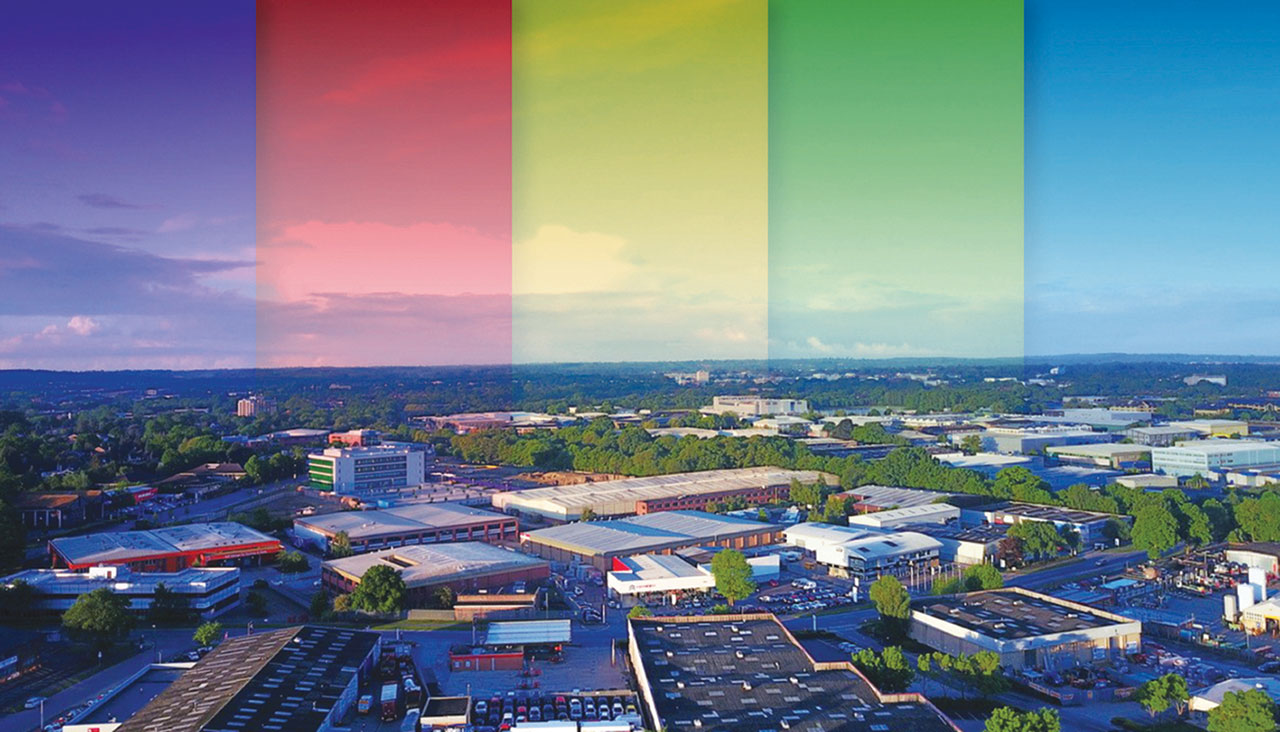
While progress has been made towards the financial settlement required for Brexit, there remains a vast amount of work to do to prepare this country for the split. Figuring out how Intellectual Property (IP) will be treated post Brexit is one of countless areas where urgent and sustained action is needed to ensure that businesses and individuals are not disadvantaged. With IP, it is vital to ensure, at the very least, that rights holders do not lose the protection they currently have.
A proactive approach from IP rights owners is essential in kick-starting a dialogue and applying pressure in the right places. One association of brand owners has adopted this attitude. A paper has been published by MARQUES, about the desperate need for planning and negotiations to get underway for the treatment of IP post Brexit.
MARQUES is an association of over 750 brand-owning businesses from across Europe. Its members have a collective turnover of €225 billion, which is higher than the GDP of Portugal.
Being a pan-European organisation, its members are equally concerned about seamless IP protection in the UK as they are about IP protection in the remaining 27 EU member states (EU27).
The paper provides a clear reality check and reminder that businesses in the UK and in the EU27 are in many cases one of the same. Where they are not, they have the same interests in how IP is treated in the UK and EU27 post Brexit.
Negotiations
MARQUES expresses heavy concern about the lack of progress in Brexit negotiations, particularly because there has been no progress whatsoever with bilateral talks on the many intricate areas of law that need to be addressed for the ongoing treatment of IP rights.
The clock is ticking, and unless progress gets underway now, it seems unlikely that there will be sufficient time to conclude negotiations and ratification of the legal instruments needed to ensure the proper protection of IP for UK and EU businesses, prior to ‘Brexit Day’ on 29th March 2019.
Three key objectives
The paper provides three key objectives which MARQUES suggests must be addressed as quickly as possible. Broadly, these are:
Existing IP rights in EU27 and UK will not be lost or weakened following Brexit.
Businesses should not have to incur any significant costs to maintain their existing IP protection as a result of Brexit.
There should be no, or very little, administrative burden on businesses in retaining their existing IP rights following Brexit.
Other concerns raised
MARQUES makes an urgent call for certainty on the above points, encouraging collaboration between the UK and EU IP offices to produce joint working papers to help in establishing common ground.
Their view is that of all the IP rights, EU Trade Marks (EUTM), Registered Community Designs (RCD) and Unregistered Community Designs (UCD) will require the most attention in any negotiations, mainly because of the harmonised way in which these rights are treated across the existing EU member states. MARQUES members wish for this harmonisation to survive as much as possible.
The paper also raises a number of specific concerns regarding the priority, ongoing validity and enforcement of existing IP rights. This includes a desire that where rights owners only have an EUTM, RCD or UCD (which of course currently gives them protection in the UK), they should have a new right created in the UK, which provides the same protection they had prior to Brexit. Any such new right should be created automatically and not include the requirement for any opt-in or fee payment. Also, it is proposed that in any litigation which is ongoing at the time of Brexit, the IP rights being fought over should be treated as having the same effect as they did prior to Brexit.
The paper is a clear signal about how much needs to be done if businesses are to have all the protection they need following Brexit. The points raised should also serve as a reminder that the views of businesses are important and must be included in the debate.
To let us know your views, or if you have any concerns about ensuring your business is well protected by its IP, please contact Robert Ganpatsingh on 01273 744213 or email Robert.Ganpatsingh@dmhstallard.com






